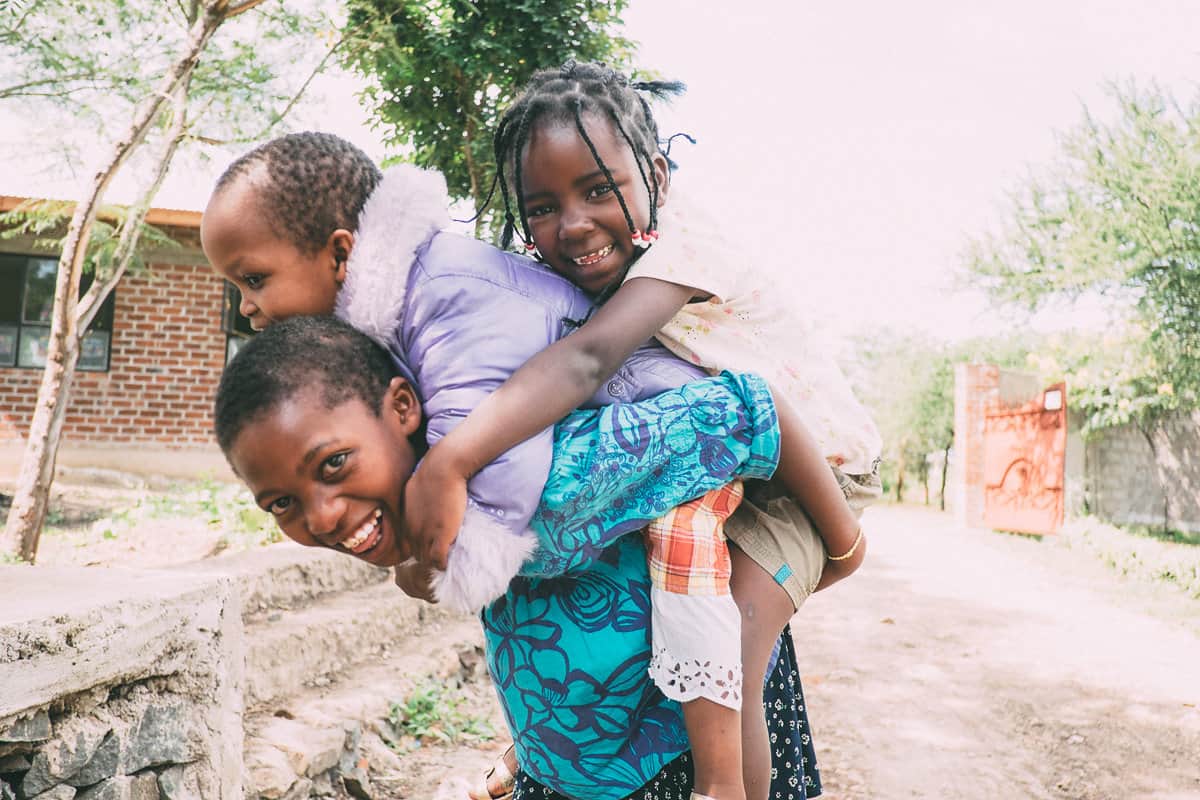
April 4, 2019
Each quarter we intend to take a closer look into the Windows Into Our World, the world of our scholars, teachers, parents and guardians. We want to see the progress of our scholars, of our teachers’ training, and our livelihood programs to measure the impact of The Foundation For Tomorrow (TFFT). Are our scholars engaged in school? Is our teachers’ training program providing impactful teaching tools? Are our livelihood programs enriching our scholars’ lives? 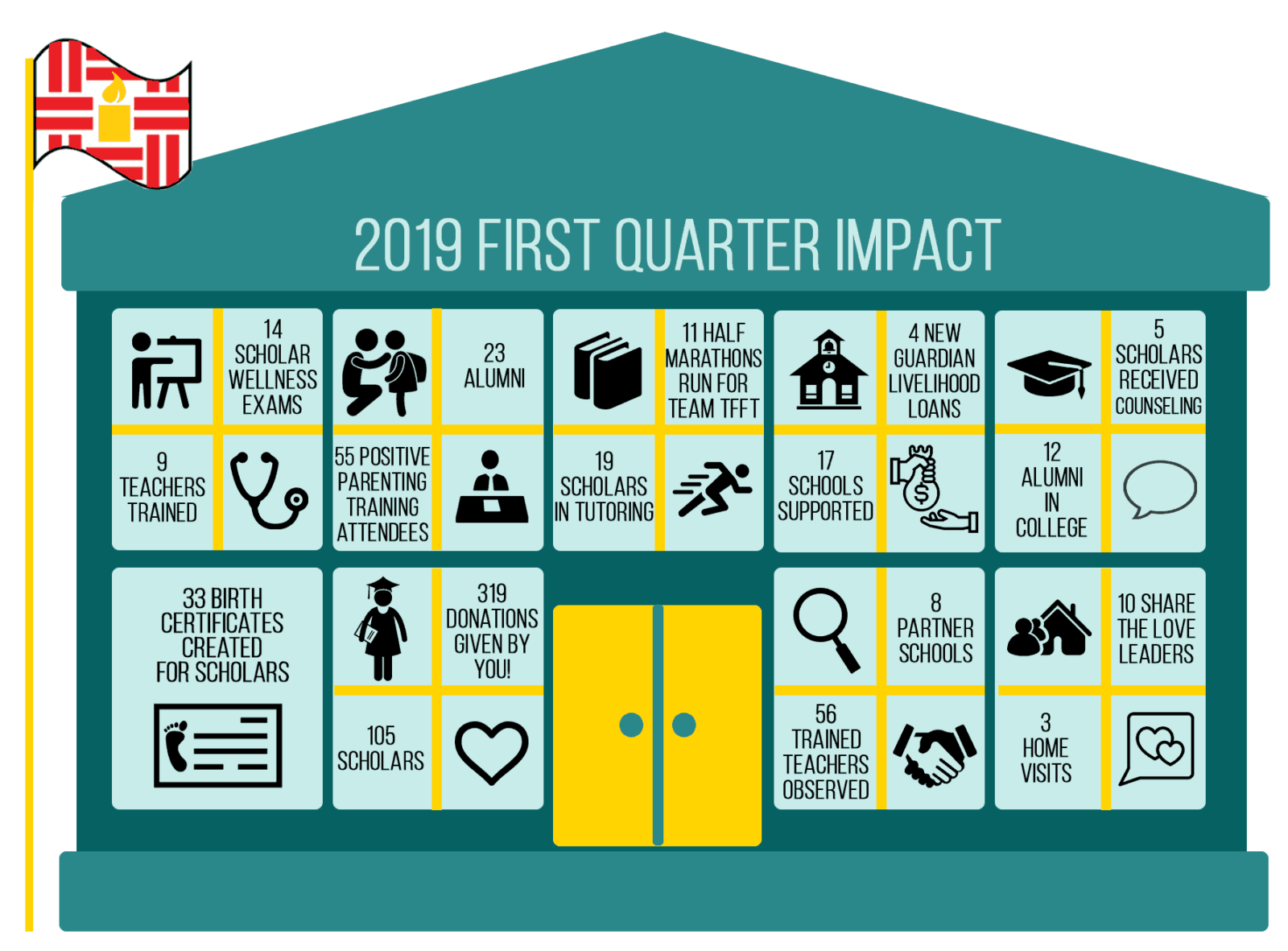
While TFFT has had many great accomplishments in just a few short months, we are zeroing in on something that many of us take for granted: a birth certificate. This document weighs less than a quarter of an ounce, but carries a tremendous amount of weight in a person’s life. Any person’s life, anywhere in the world.
The Foundation For Tomorrow recognizes the immense importance of this document and has launched a 2019 initiative to obtain birth certificates for all current scholars. Tanzania has one of the lowest rates of birth registration in Africa, with less than 13% of children under five having a birth certificate (UNICEF report November 30, 2016). A birth certificate in Tanzania, as in almost every other country, provides identity, access to education, social services, and social status that cannot be disregarded.
Of TFFT’s 105 current scholars, only 20 scholars had birth certificates when they enrolled in the program. Two birth certificates were processed last year for scholars who applied for A-level programs. This year, TFFT is targeting birth registration for 73 scholars. In the first quarter of this year, the TFFT team pursued birth certificates for 33 scholars – ages ranging from 9 to 19. The team plans to obtain certificates for the remaining scholars in the second quarter of 2019.
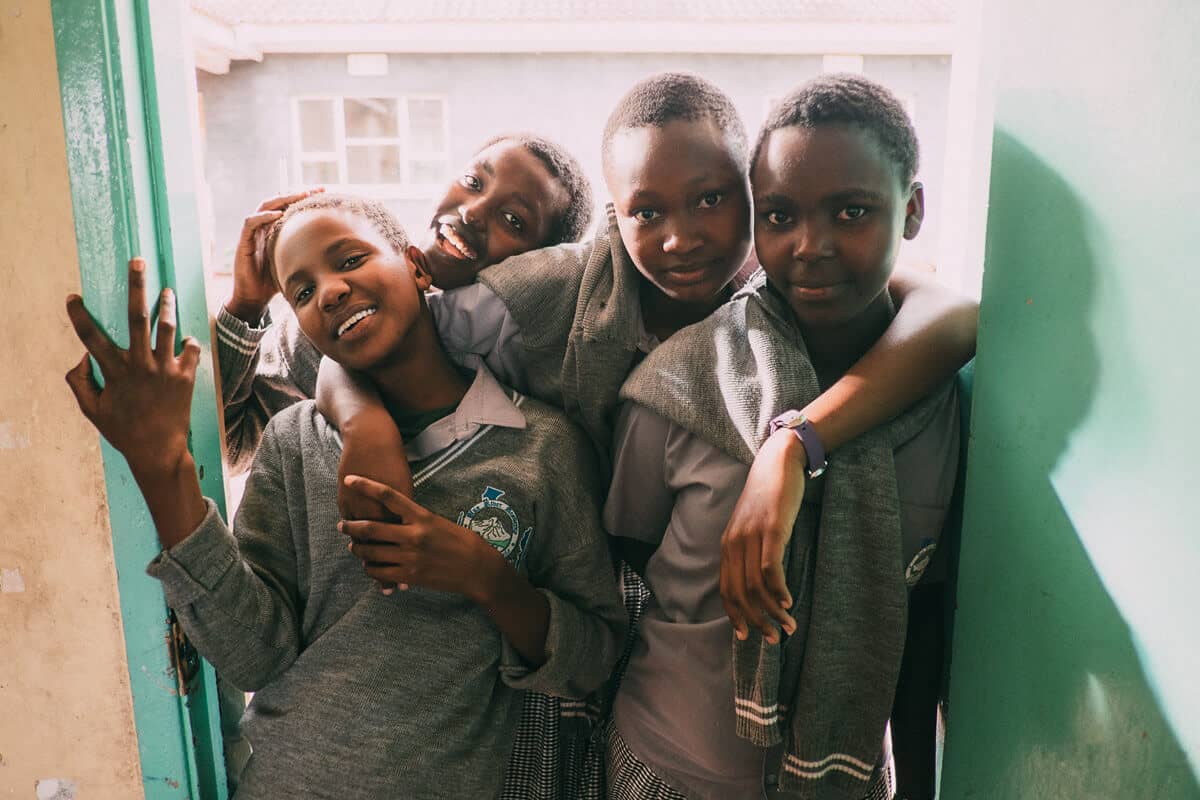
While not insurmountable, the process to register children five, ten, or fifteen years after their birth is cumbersome. The application process involves completing forms which require the child’s full name, the parents’ names, the date of birth, the marital status of the parents, where the child currently resides, if it was a single or multiple birth, and location or name of the hospital where the child was born. In all, a great deal of information to collect for a single child, years after their birth, let alone 33 children. In all, this process took the TFFT team about three weeks, requiring them to reach out to parents and guardians. Because many scholars do not live with their parents, the team needed to seek information from foster parents, grandparents, aunties (matrons of children’s homes) and other relatives who had some information about the scholar’s births. Passport-sized pictures of the child and payment for the application, including a late registration fee, were also be submitted.
In addition to collecting vital family information, several factors have been hurdles for families to obtain birth certificates in Tanzania including: cost – TSH 3500 ($1.60USD), which increases after 90 days and again after 10 years; distance – this process has been a centralized registration system, but is slowly moving toward a local and/or mobile registration system; awareness – families have not understood the importance of registering for a birth certificate.
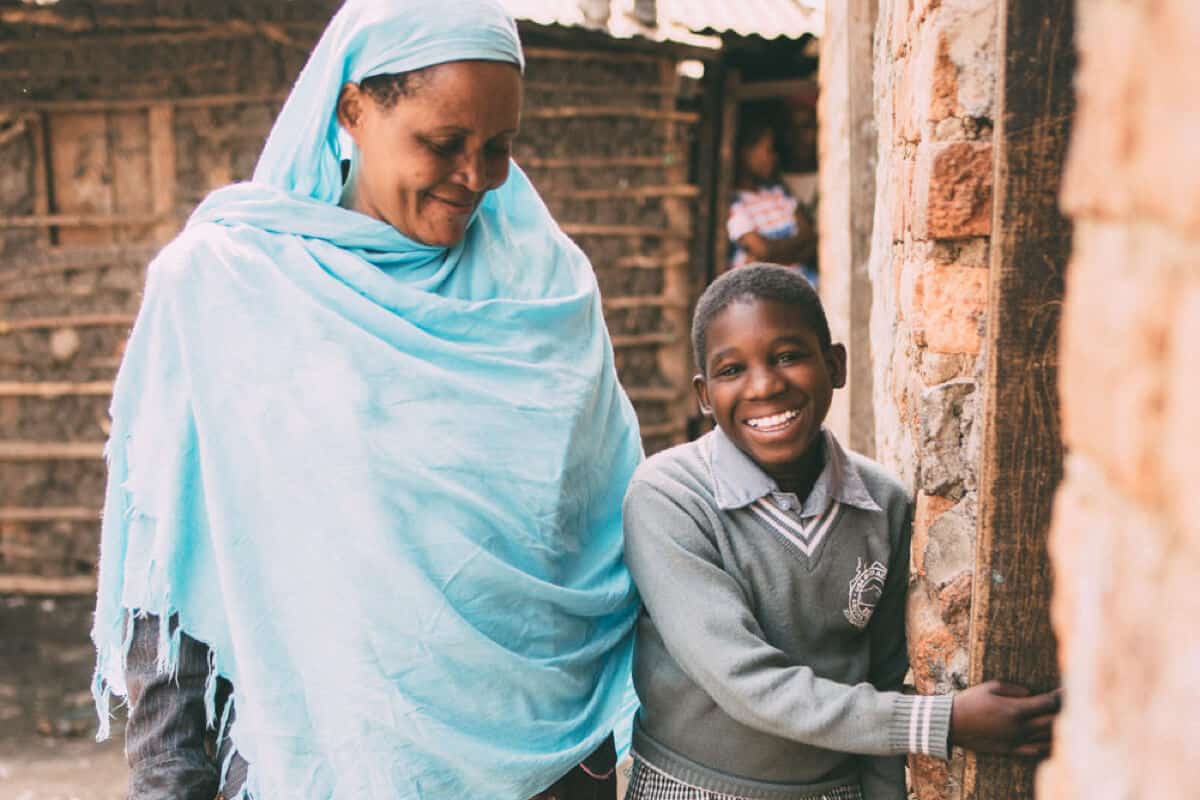
The impact of this slim piece of documentation cannot be overstated. As part of the United Nations Sustainable Development Goal, number 16, birth certificates “Promote peaceful and inclusive societies for sustainable development, provide access to justice for all and build effective, accountable and inclusive institutions at all levels.” As of 2018, globally, 73% of children under five have their births registered, while only 46% of African children are registered. The UN has established a goal of 100% registration by 2030. (UN Sustainable Development Goals, 2018.)
While children may attend primary school without documentation, the requirement of a birth certificate becomes more important later in life. Applications for further studies, seeking a passport, or requesting vital social services all require birth registration/documentation. Providing our scholars with a birth certificate places official documentation in their hands as a young person, but that can carry them through their lifetime by establishing their citizenship and enabling our scholars to employ government services they may require in the future.
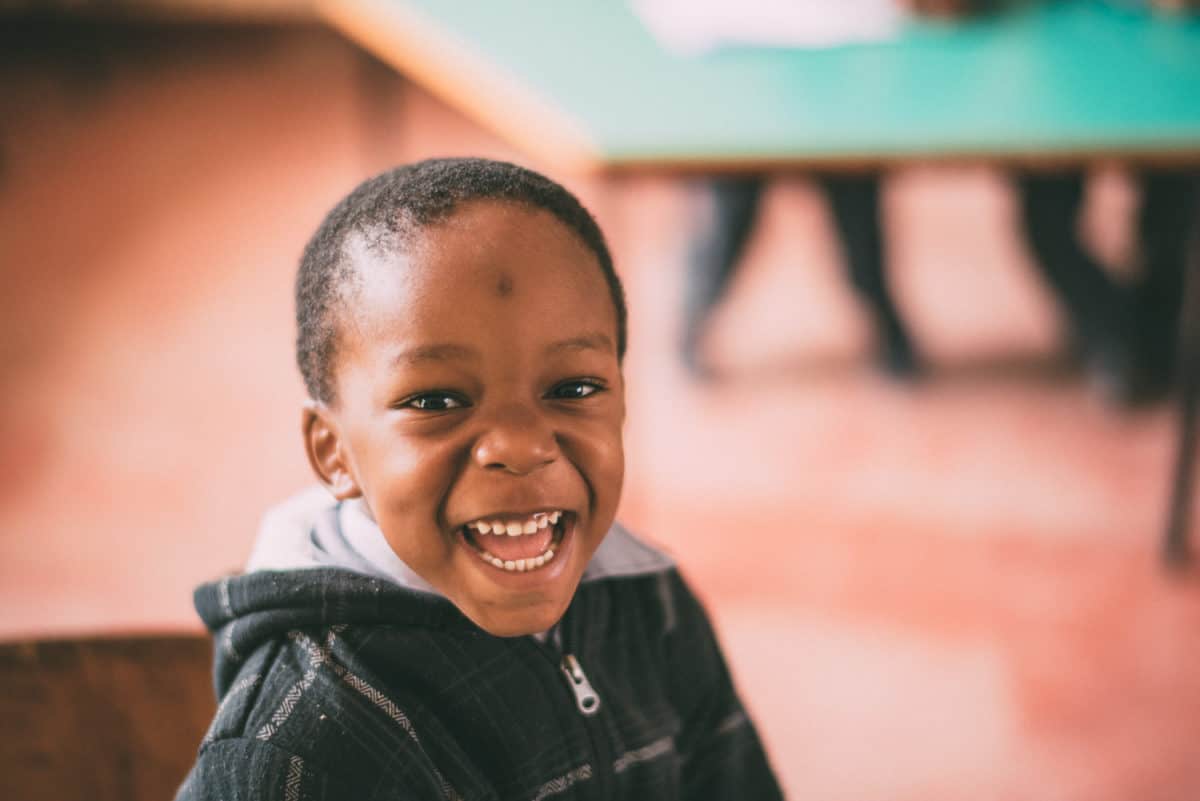
Registration rates are still low and the challenges are great, but international efforts are underway to ameliorate this situation. A UNICEF program initiated in 2015 seeks to address the financial, cultural, and logistical barriers to birth registration in Tanzania. This program, “Scaling Up Birth Registration in Tanzania,” will run through the end of 2019 and intends to streamline a three step-logistically challenging and centralized process to a one step, localized process. Read more here.
Working alongside this UN effort, are technological innovations to make registration easy and accessible for all. Modelling the mobile payment system, which has been highly successful throughout Africa and the developing world, companies have created SMS-based applications providing mobile birth registration systems. Read more here and here.
TFFT is excited to present our scholars with their new birth certificates. Providing this document to our scholars is more than a piece of paper. It is a key that can unlock the doors to further education, obtaining a passport, health and social services, and most of all, a stake in their country. Through the power of a birth certificate, TFFT’s impact will last a lifetime.
